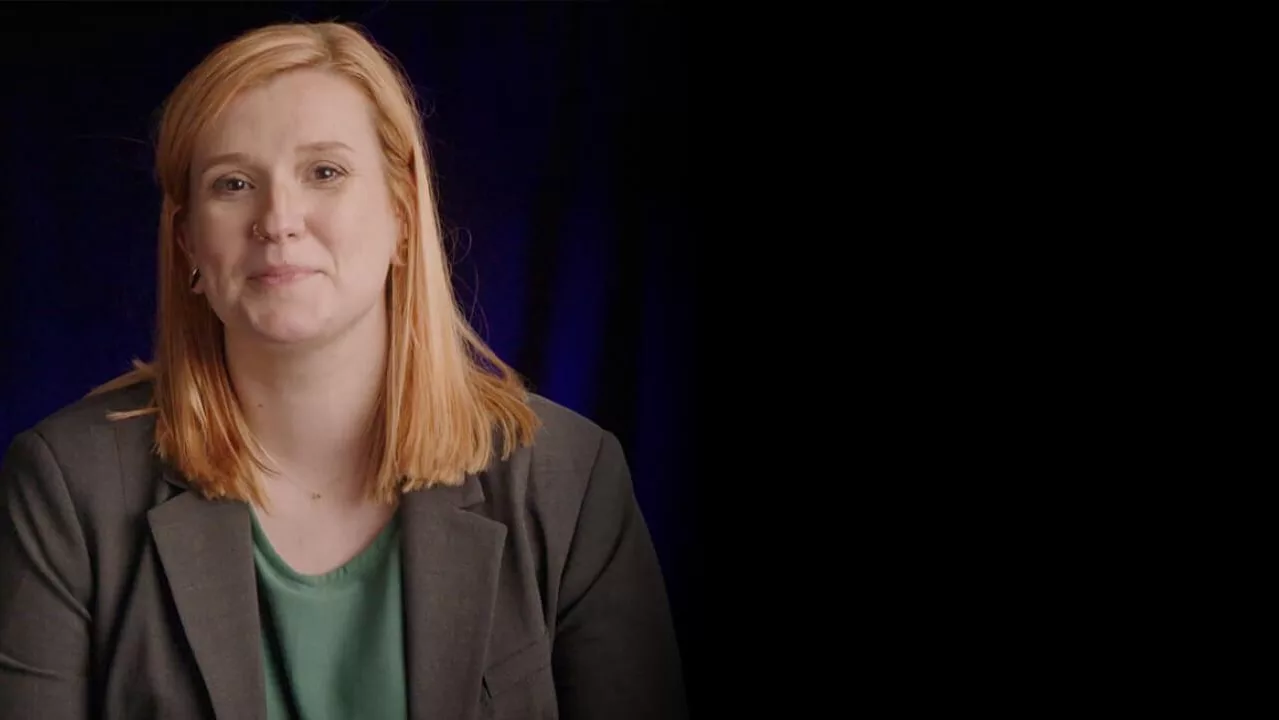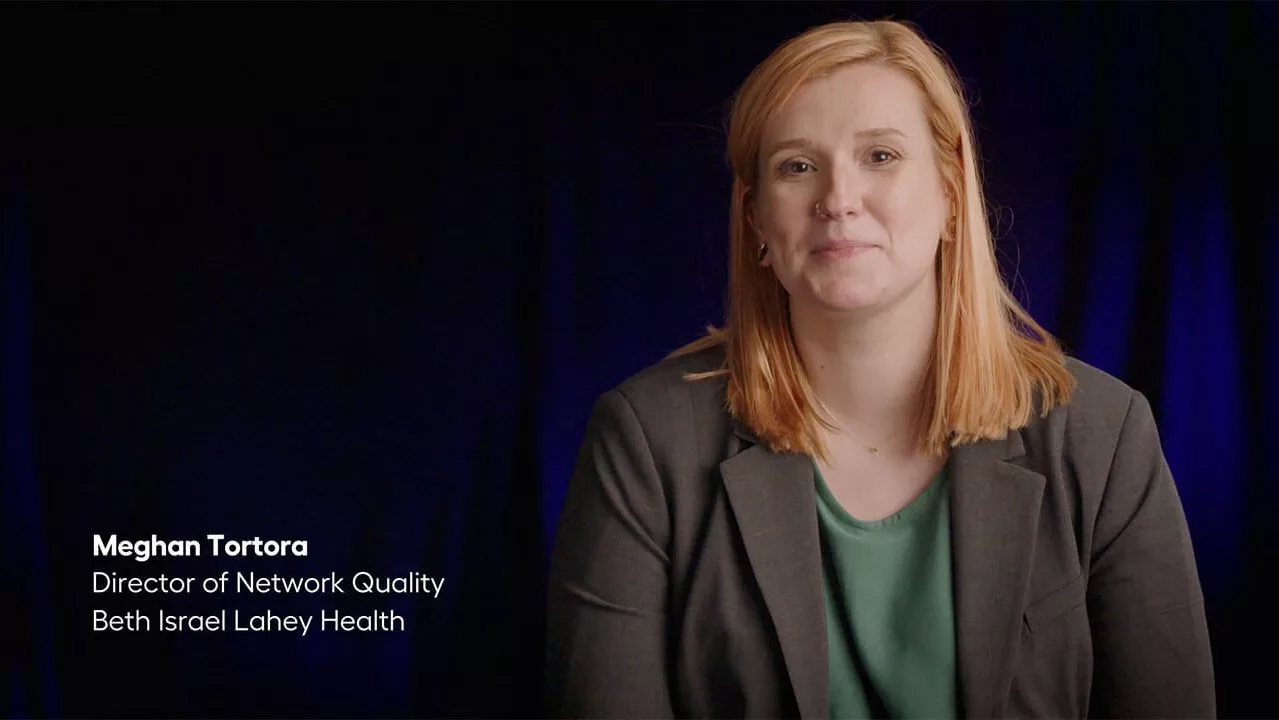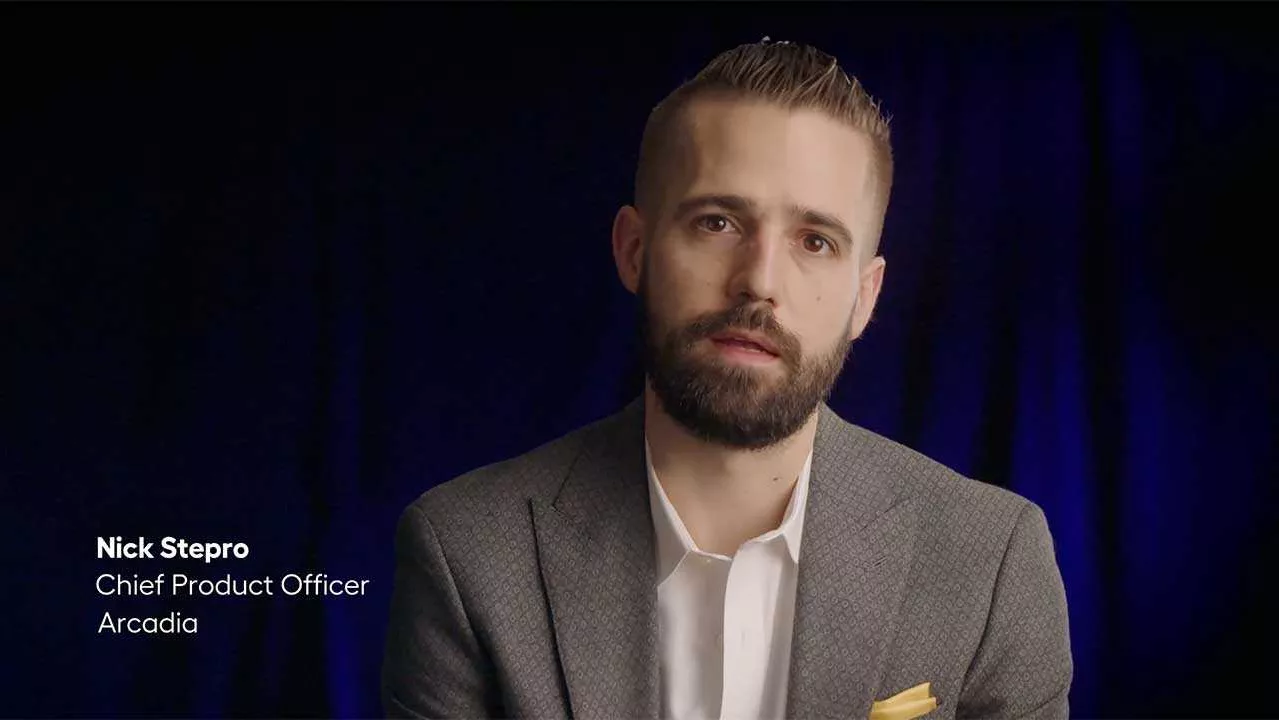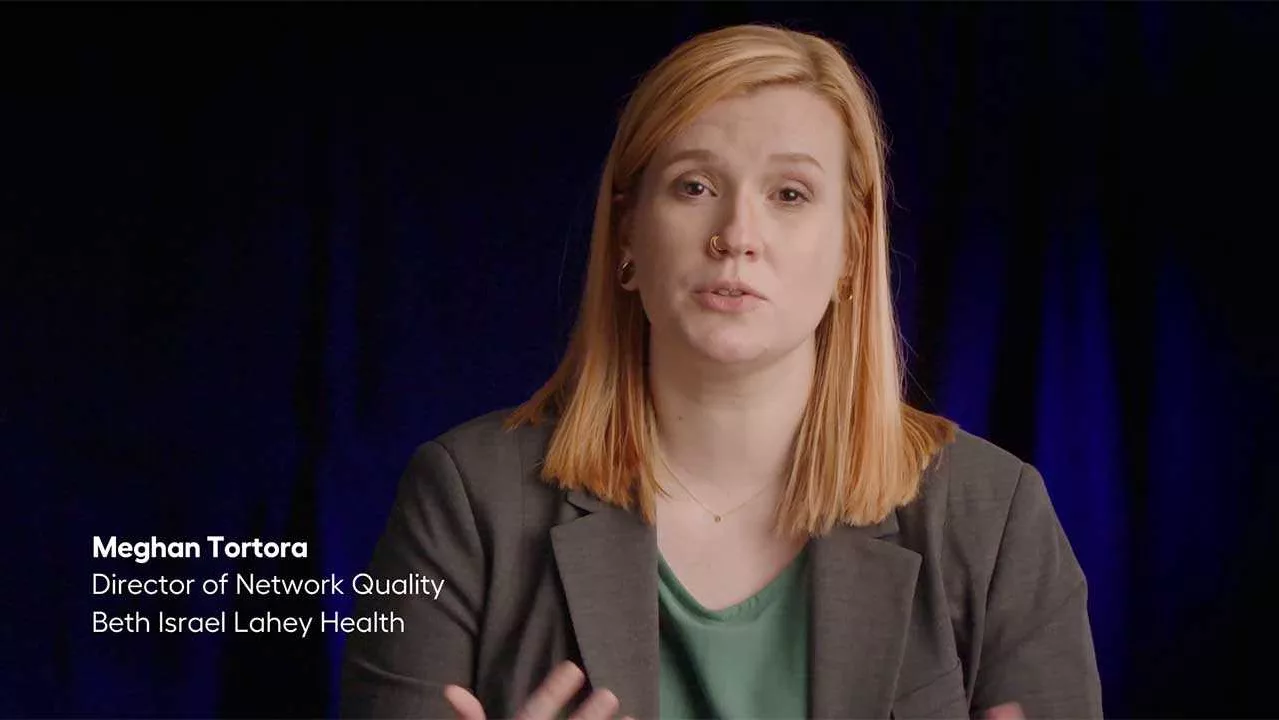Novel solutions for holistic, whole-person healthcare
Meghan Tortora is paid to sweat the small stuff. After all, she’s Director of Network Quality at Beth Israel Lahey, a network of 13 hospitals with over one million individual patients. These many profiles and medical needs present a dizzying data challenge, and Arcadia stepped up to gather, organize, and analyze.
The result? Over years of partnership, Beth Israel Lahey and Arcadia have crafted novel solutions for holistic, whole-person healthcare. That means turning discrete pieces of information into adaptable steps, better patient outcomes, and cost-saving efficiencies.
Strong partnerships matter
Beth Israel Lahey is a pioneering value-based care organization, at the forefront of a competitive market. As such, finding the solutions to their challenges required, in Stepro’s words, “a lot of hard work, sleeves up, and nights and weekends.”
New roadblocks call for inventive fixes. When the terrain is new, so is the approach. Arcadia’s individualized, bespoke problem-solving meant Beth Israel Lahey could overcome hurdles where other networks had stalled.
The edge is data
Access to this plethora of data meant that Beth Israel Lahey and Arcadia could find solutions to issues as they arose, in near- real-time. Stepro and Tortora could identify next steps quickly, drilling down to find the levers that would have the most impact.
The edge is data. It allows Beth Israel Lahey to understand their place in the wider market, the demographics of patients, and its performance based on cost, risk, and quality. Armed with that information, it’s easy to identify patterns and make timely pivots for better, more cost-effective care.
Empathy is core to care
When you get your metrics 90–100 days before your competitors, that’s an edge in business. When it begets more empathetic care, that’s an edge in medicine. Arcadia wanted to equip Beth Israel Lahey with both.
Millions of discrete data points form a mosaic that provides detail and nuance, so a patient is more than just their diagnoses — they’re a whole person, informed by their health history. As Tortora puts it, “Somebody’s grandmother is on the other end of these ones and zeroes.”
Join us on the journey toward healthier lives for all
From the granular — a floating data point, organized and contextualized by Arcadia — to the health of “somebody’s grandmother,” caring for the individual allows Beth Israel Lahey to care for the community writ large.
What’s the answer to one of the United States’ greatest challenges? Shaving off inefficiencies and identifying gaps so networks can focus on what matters most — keeping people healthy, one grandmother (or brother, or father, or sister) at a time.




